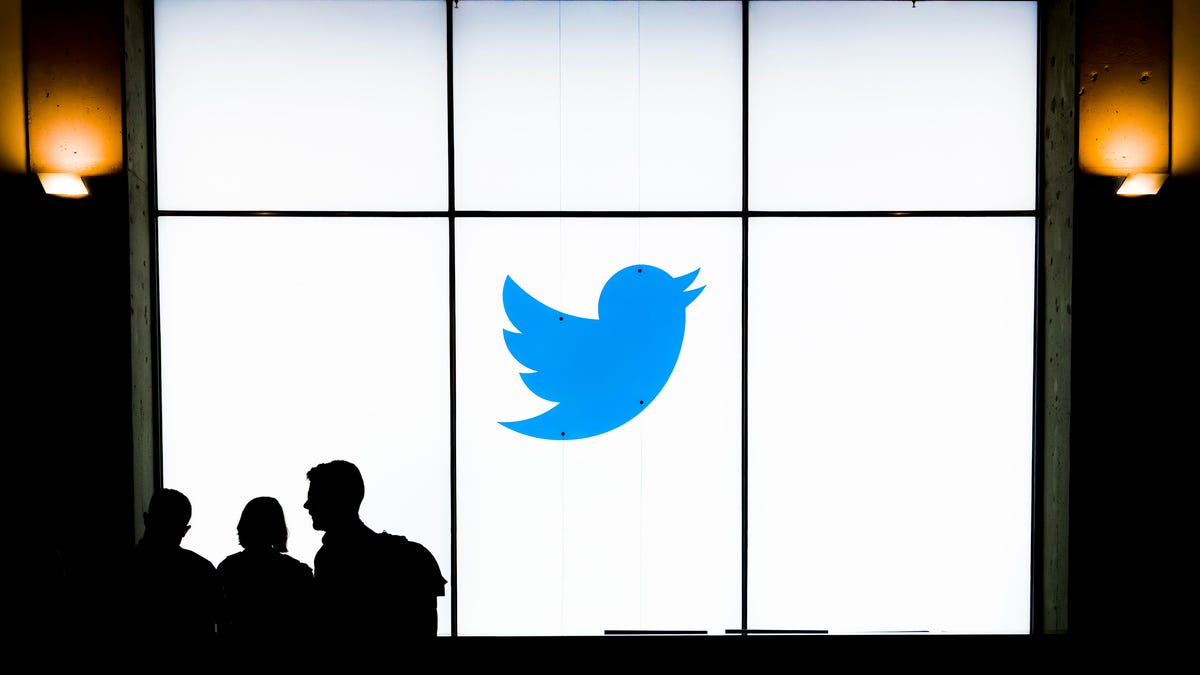Twitter Spaces filled with hate speech, extremism, report says
The live audio chat feature has reportedly been tough for the social media site to police.

Twitter began testing its live audio chat feature in November 2020.
Taliban supporters, white nationalists and anti-vaccine activists have reportedly flocked to Twitter's live audio chat feature, Spaces, with the social media site struggling to police the harmful content.
The Washington Post, citing researchers and users, as well as screenshots seen by the news outlet, reported Friday that hundreds of people have listened to these offensive live audio chats. Twitter users have made derogatory comments about Shiite Muslims, belittled transgender and Black Americans and spread misinformation on Spaces, according to the Post.
Twitter allows users to report live audio chats that violate its rules, and the company saves a copy of a flagged audio chat for at least 30 days to review for rule violations. Twitter also uses software to detect offensive keywords in the titles of Spaces. The social media site, though, doesn't have human moderators or technology that scans audio in real time. Current and former employees told the Post that Twitter has also felt investor pressure to release products before they're tested for safety.
Jack Dorsey , a Twitter co-founder, resigned as CEO in November, and Parag Agrawal, who was the company's chief technology officer, stepped in to fill that role.
Twitter started testing Spaces in November 2020 as the social audio app Clubhouse rose in popularity. Clubhouse has also struggled to moderate misinformation, including about the COVID-19 vaccines.
Twitter's software also mistakenly promoted some of the harmful live audio chats, which the company attributed to a bug, the Post reported.
A spokeswoman for Twitter told CNET that in the past week the company did discover bugs in its software and that this increased the amount of time it took to remove audio chats that violated its rules. "This left harmful conversations prominently visible and was a mistake. We've addressed these bugs and will continue exploring ways to further expand our proactive detection, as well as evaluating and developing new moderation options," she said.
CNET asked Twitter how many audio chats it's pulled down for violating its rules, but the company didn't provide that information.

